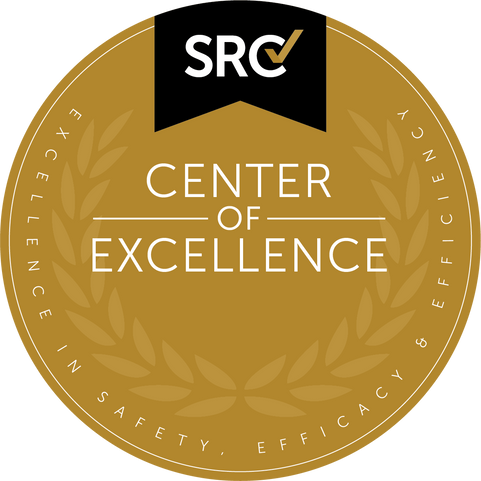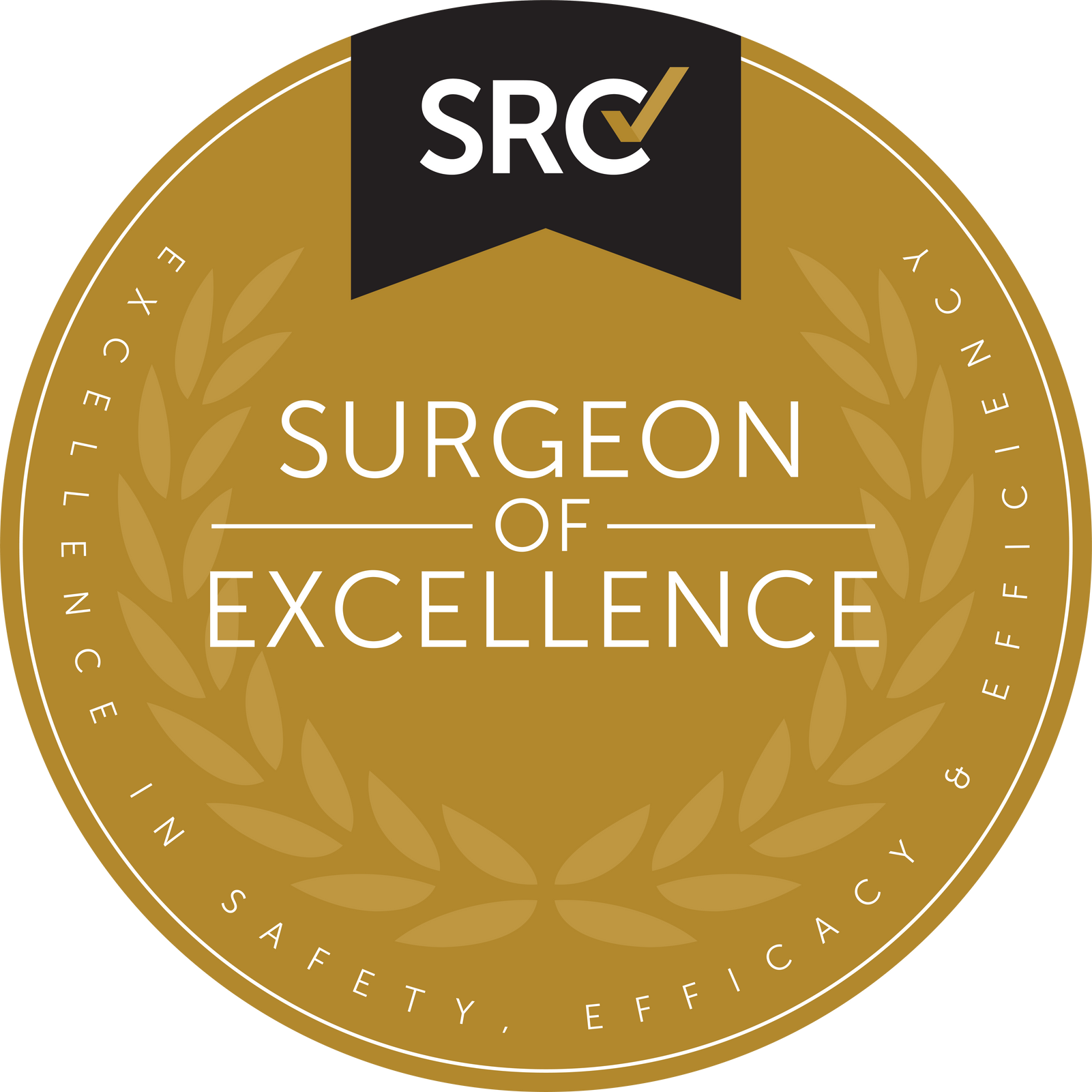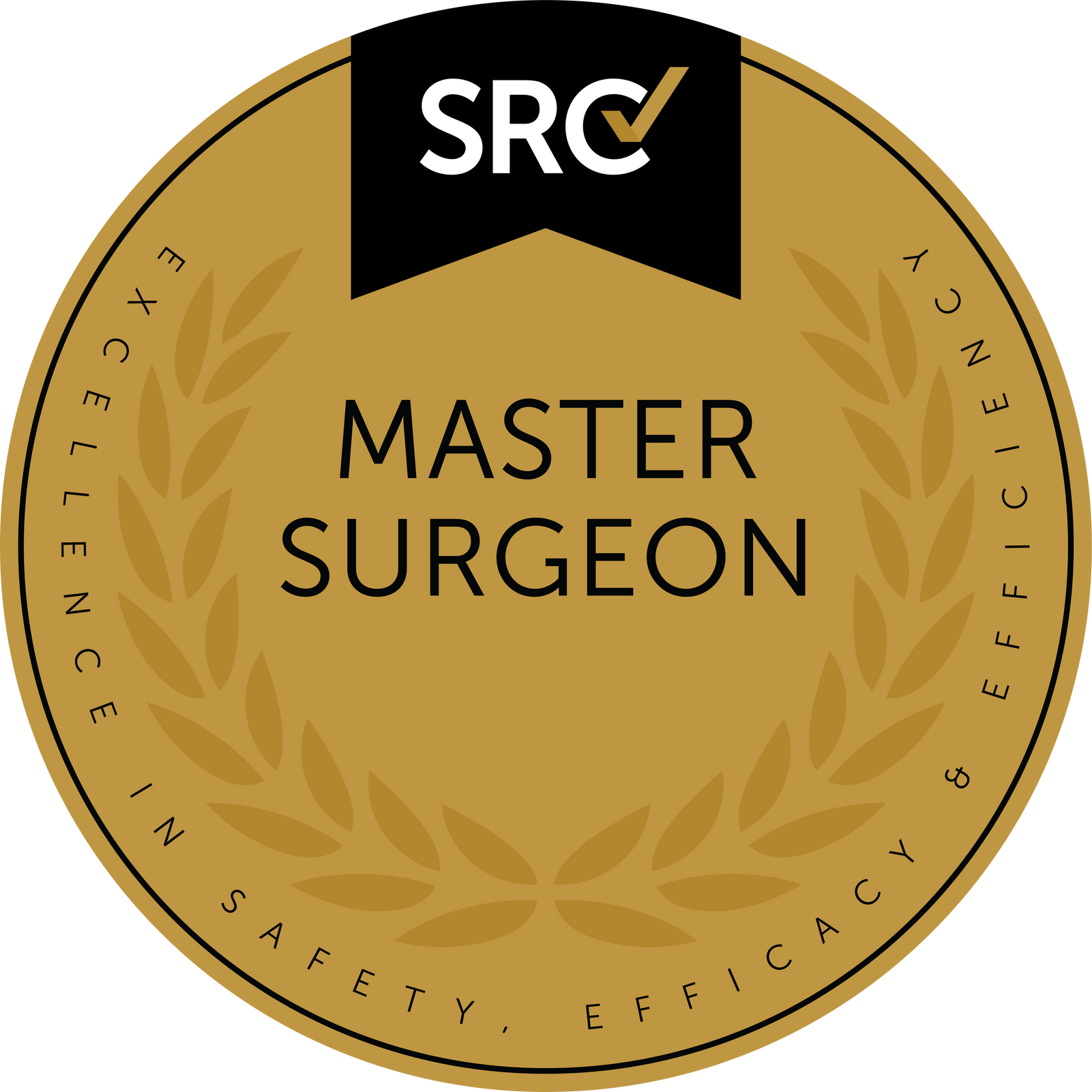


*
*
*
*
*
*
*
*
*
*
*
Healthcare Centers of Excellence:
What They Are and Why They Are Important

You’ve likely heard the term “Center of Excellence” or seen a seal with that designation. It inspires confidence, but many people don’t fully understand what it means.
Whether you’re a patient or a healthcare provider, it’s beneficial to know what
a Center of Excellence (COE) is and why they’re an essential component of the
healthcare industry ecosystem. It’s also helpful to understand how they’re
designated, including who awards the designation and what steps
are taken to attain this acclaimed commendation.

What is a
Center of Excellence?
Though you may associate it with healthcare,
COE is a quality designation used for many types
of industries and organizations. The broad definition
for a COE is an organization, facility or team that provides leadership, research, best practices, training or support for a focus area.
Institutions that qualify as COEs do exceptional work, setting high standards for their industry. In an article published in Becker’s Hospital Review, it is explained that a healthcare COE is a facility or hospital that offers specialized expertise, resources, and comprehensive interdisciplinary care tailored to specific areas of medicine. These medical centers frequently serve as hubs for delivering care to extensive patient populations, exemplifying best practices in a particular field. COE accreditation is only awarded to programs that
treat medical conditions while adhering to the highest standards of safety,
quality and patient satisfaction.
Why are Healthcare
Centers of Excellence Important?
COEs are important because they can provide numerous benefits for patients, facilities and healthcare professionals, as outlined in “Is Center of Excellence Investment the Silver Bullet Healthcare Has Been Looking For?” published in Becker’s Hospital Review.
COE benefits for patients
Specialists with focused expertise:
COE programs offer access to world-class specialists working together to deliver comprehensive care. Team members are specially trained and certified in focused areas of medicine.
Superior experience:
Patients can reliably expect an exceptional experience at COEs—institutions with the designation typically have better outcomes, improved safety and increased patient satisfaction.
Collaborative care:
COE specialists collaborate to share their expertise and ensure patients receive proper diagnoses and treatments.
Comprehensive services:
COEs provide a full range of patient services, including screenings, wellness services, assistance coordinating care and advanced treatment options.
Innovation:
COEs utilize innovative technologies, tools and techniques
to achieve better results.
COE benefits for facilities and professionals
Financial growth:
COEs become more efficient, improve their income from increased case volume, lower their costs and see improvement in reimbursements—all positively impacting their bottom line.
Recruitment:
COEs draw talent from around the world, resulting in teams of superior specialists. Top providers want to work for top centers.
Competitive advantage:
A COE accreditation helps programs stand out from the competition and attract patients.
Fewer complications:
Patients typically experience better outcomes and reduced complications when treated at COEs, resulting in improved satisfaction.
Improved research:
High case volumes, experienced clinicians and specialized focus areas make COEs valuable research resources. Conducting clinical trials and studying outcomes at COEs can provide valuable insights into new treatmentsand drug development.
Not All Accreditation
Programs are Created Equally
All COE programs are not created equally, as explained
in “Ensuring Excellence in Centers of Excellence Programs,” published in Annals of Surgery. It’s essential to examine each program closely to determine which provides maximum benefits to patients and facilities. Several inherent flaws are commonly seen in inferior COE programs.

Three Common Deficiencies
Bricks and mortar
Some accreditation
programs prioritize the physical characteristics of the facility. Assessment of the surgeon
and the care team is a minor
part of the process.
Self-proclaimed
Some facilities simply claim that they are a COE without going through any accreditation program. Often, self-designated COEs fear outside assessment and are reluctant to invest the time, money and effort necessary for accreditation. Such designations are artificial, usually done for advertising purposes or
to improve market share.
Association-based
Some physician medical associations offer their own accreditation awards. But associations are comprised
of all types of members—poor, good or excellent. Program requirements favor the physician so that any member can receive an award. Inspections are conducted by association members who inspect other members (often friends or colleagues), so internal bias and politics can affect their decisions. Associations often use accreditation programs as fundraisers.
Flaws in these programs generally aren’t evident
to consumers, and a “Center of Excellence” in this context can be misleading.
The design and purpose of these programs are superficial and subject to bias, so they won’t
produce optimal outcomes and benefits. Gaining an award is the goal with little relevance placed on sustaining long-term improvement or a culture of excellence. Most of all, these programs miss the mark on what’s most important: the patient.

SRC is Different.
Surgical Review Corporation (SRC) is a nonprofit patient safety organization, so patients always come first. Completely independent and objective, SRC is unaffected by bias or politics. SRC’s inspectors are experienced clinicians employed full-time by the organization. To ensure the best experience for patients, SRC assesses the entire continuum of care: facilities, surgeons and multidisciplinary care teams.
SRC’s commitment to its designees extends well beyond the award. Accreditation isn’t a marketing ploy or another plaque for the wall. With over 20 years of service, accreditation in more than 35 different healthcare specialties and designees in nearly 30 countries, SRC offers valuable recommendations and best practices gained from collaborating with top centers and clinicians worldwide. Using this expertise, SRC consults with all applicants during their facility assessment and throughout their accreditation journey.
Once accreditation is achieved, SRC’s Designee Services team ensures that designees maximize the many benefits of accreditation and sustain their culture of excellence. SRC-accredited providers regularly submit their outcomes data for quality improvement evaluation, and annual check-in meetings occur. Every third year, an inspection and facility assessment ensure ongoing compliance with program requirements. With SRC, the designee’s assessment remains continuous.
The SRC Difference:
Our Unique Approach
Overview of SRC's Core Accreditation Programs


A Center of Excellence
(COE) is a facility or hospital that offers specialized expertise, resources
and comprehensive interdisciplinary care tailored to specific areas
of medicine.

Surgeon of Excellence
(SOE) is a designation awarded to leading surgeons at the top of their field who demonstrate a commitment to safe and effective
patient care.

Master Surgeon (MS) is a designation
awarded to top-performing surgeons who demonstrate specialized expertise and
a commitment to safe, effective patient care. This accreditation requires higher surgical volumes than the SOE program, and their achievement is recognized at any facility where they practice, independent of hospital affiliation.


The individuals providing care are an integral part of any COE. Independent designation body SRC recognizes this with its comprehensive COE accreditation programs, which also extend to medical professionals.
The Surgeon of Excellence (SOE) designation is awarded to leading surgeons who demonstrate a commitment to safe and effective patient care. It’s important to note that SOE accreditation applies only to medical professionals working at a supporting COE facility. An SOE may only carry that title while practicing at their co-applicant COE facility.
The Master Surgeon (MS) program, however, is an individual designation that is recognized by any facility, independent of hospital affiliation. This accreditation requires higher surgical volumes than the SOE designation and is awarded to those who demonstrate specialized expertise and a commitment to safe, effective patient care.
How Does a Medical Center Become a Center of Excellence with SRC?
First and foremost, the facility and its leadership must
be honest with themselves before they start the process.
Are they willing to improve and institute a culture prioritizing the patient’s experience?
Becoming a COE often requires difficult choices, collaboration and financial investment. Is the potential applicant willing to dedicate the time and allocate the staffing necessary to complete the inspection process and sustain the accreditation afterward?
Facilities and surgeons seeking accreditation must commit to delivering the highest level of care for every patient, offer superior services and be willing to invest in cutting-edge equipment and advanced technologies. After accreditation, they must dedicate themselves to sustaining a culture of ongoing improvement that maximizes patient outcomes.
1
2
Institutional
Commitment
to Excellence
Ten Basic Requirements for an SRC Accreditation
Experience
4
Consultative
Services
3
Physician
Program
Director
6
Dedication
of Medical
Professionals
and Qualified
Call Coverage
5
Equipment
and
Instruments
Requirements often vary between accreditation organizations. SRC’s ten requirements have withstood over 20 years of use by facilities and surgeons worldwide. Although specifics vary within the more than 35 healthcare specialty programs that SRC offers, they each follow these ten basic requirements.

7
Clinical
Pathways and
Standardized Operating
Procedures
9
Patient
Education
8
Team and
Support Staff
10
Continuous
Quality
Assessment
SRC’s accreditation process is
broken down into five steps.
1
Register
Interested parties first complete a simple online form with basic information about themselves and the accreditation program they’re interested in.

prepare for inspection
During this time, applicants receive inspection preparation materials and schedule their facility assessment. SRC’s inspection team provides assistance with preparation as needed.
2
Inspection
The inspection process is comprised of four parts: document submission, medical chart review, interviews and facility assessment. Inspections are not pass fail—applicants are given ample time to correct any deficiencies identified during the process. SRC’s inspections are as consultative as they are evaluative, providing valuable recommendations gained from inspecting thousands of the top centers worldwide.
3
4
Achieve accreditation
Once the assessment has been completed, applicants are notified that they have earned accreditation. If a candidate is not approved, they are given the opportunity to correct deficiencies and be reconsidered for accreditation.
Maintain accreditation
Accreditation remains in effect as long as the facility and each
co-designee medical professional remain in good standing and continue to comply with all program criteria. Designees are evaluated throughout their accreditation, and inspections occur every three years.
5
94%
OF SRC-ACCREDITED
CENTERS OF EXCELLENCE RECOMMIT
TO THEIR ACCREDITATION ANNUALLY
We have accredited
providers in
25+ countries
We offer accreditation in
35+ specialties
Elevating Healthcare Standards through SRC’s Center of Excellence Accreditation
Choosing a globally recognized and established organization like SRC for COE accreditation will deliver superior results. SRC’s rigorous facility assessments and proven processes result in increased case volumes, improved outcomes and reduced complications.
SRC has emerged as an industry leader in healthcare accreditation by prioritizing the patient experience and evaluating the entire care delivery team, rather than focusing solely on the facility or awarding a designation. Each SRC-accredited provider benefits from personalized, ongoing support through Designee Services, which includes quality improvement, consulting, education, and marketing.
With this comprehensive approach, SRC ensures that every provider is equipped to deliver the highest standards of care, setting them apart in the healthcare industry.

Contact Us
Continue to learn more at
phone & email
919.981.4460
srcsupport@surgicalreview.org
follow us on social

